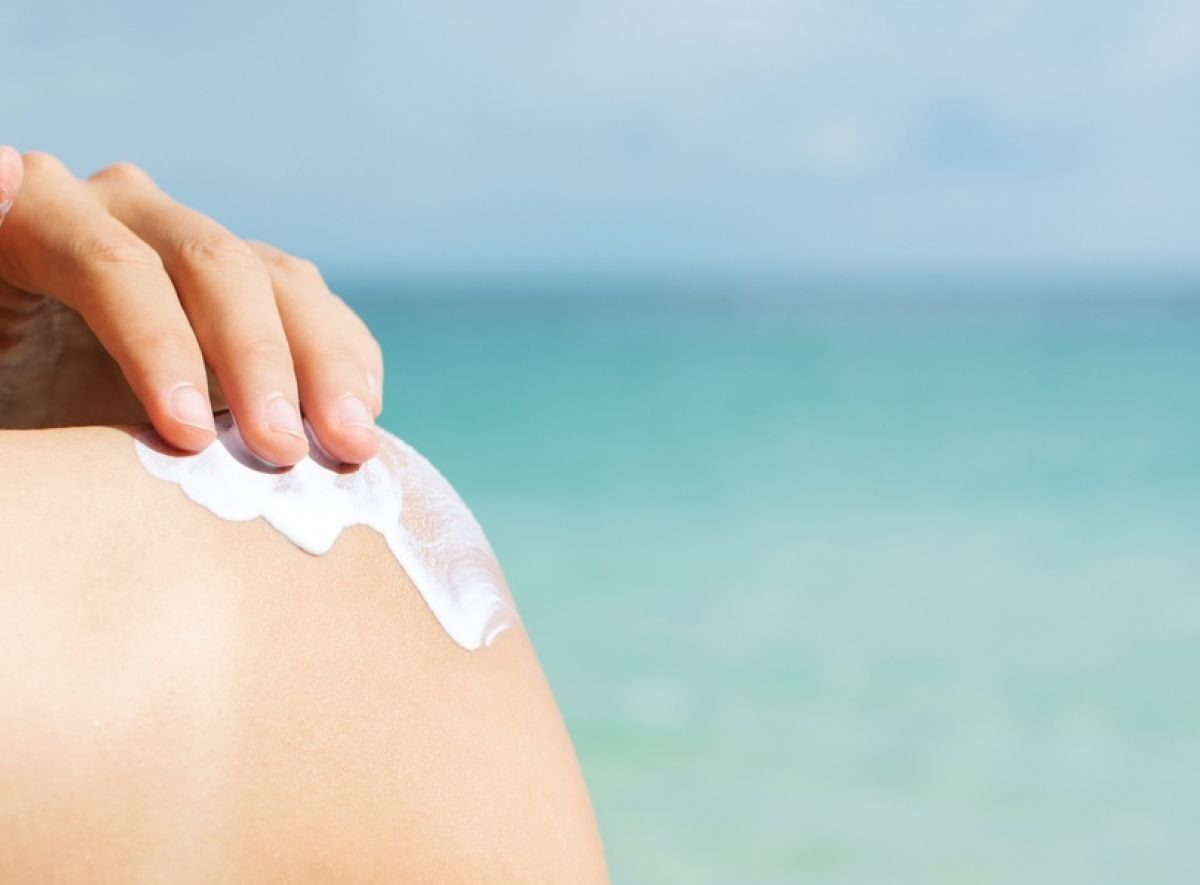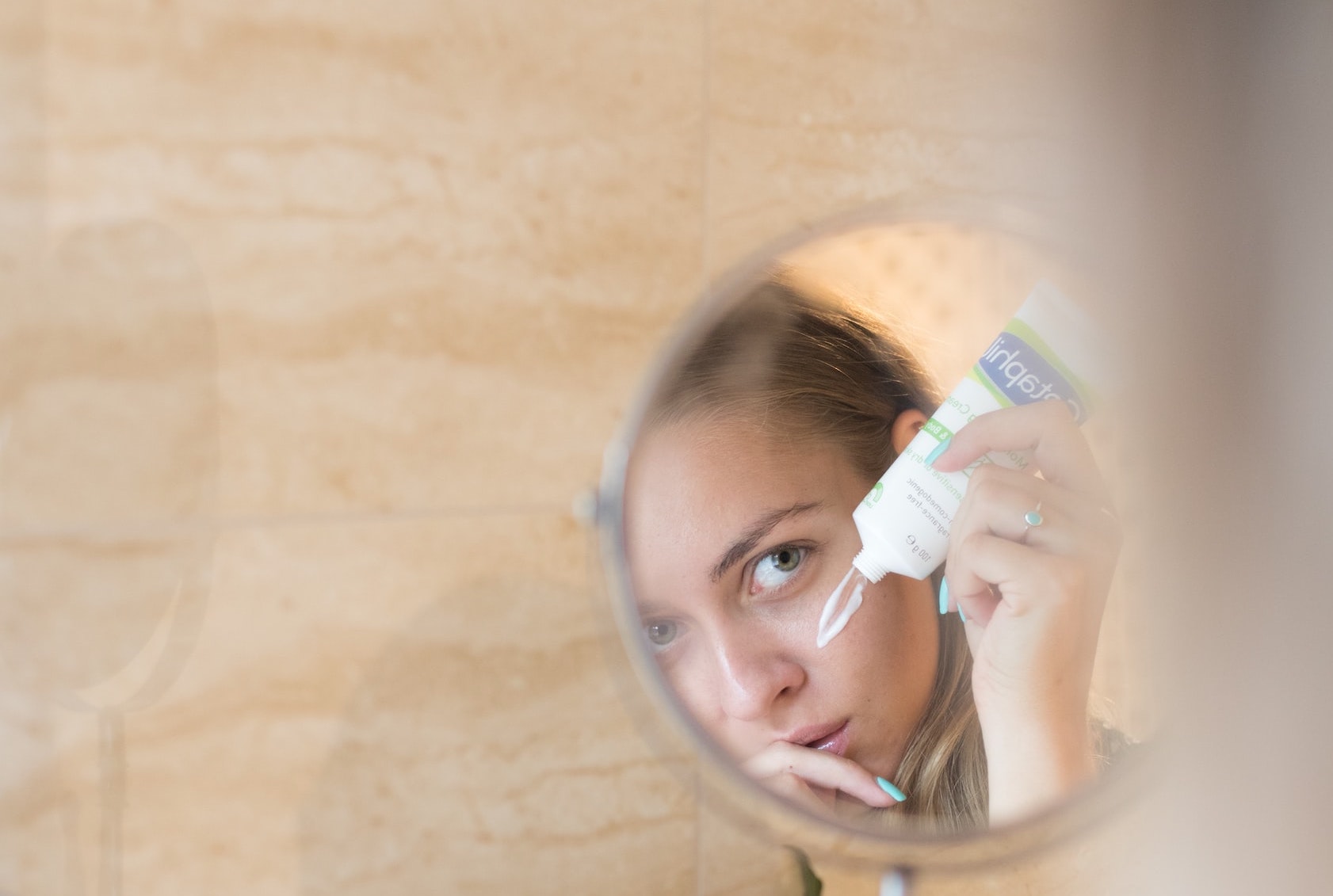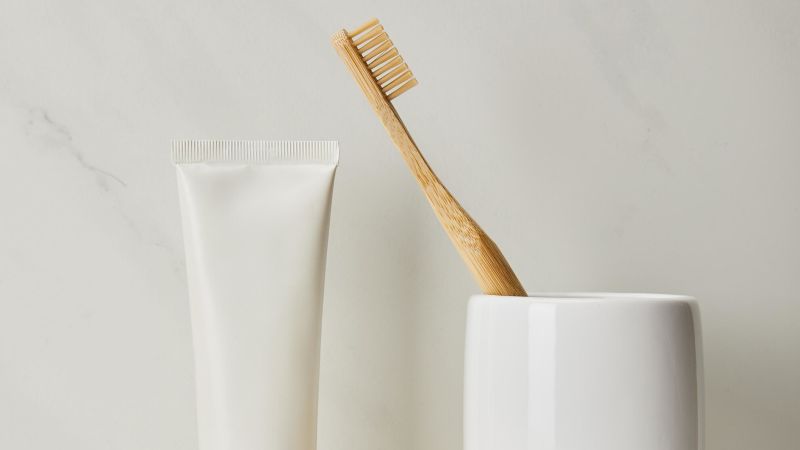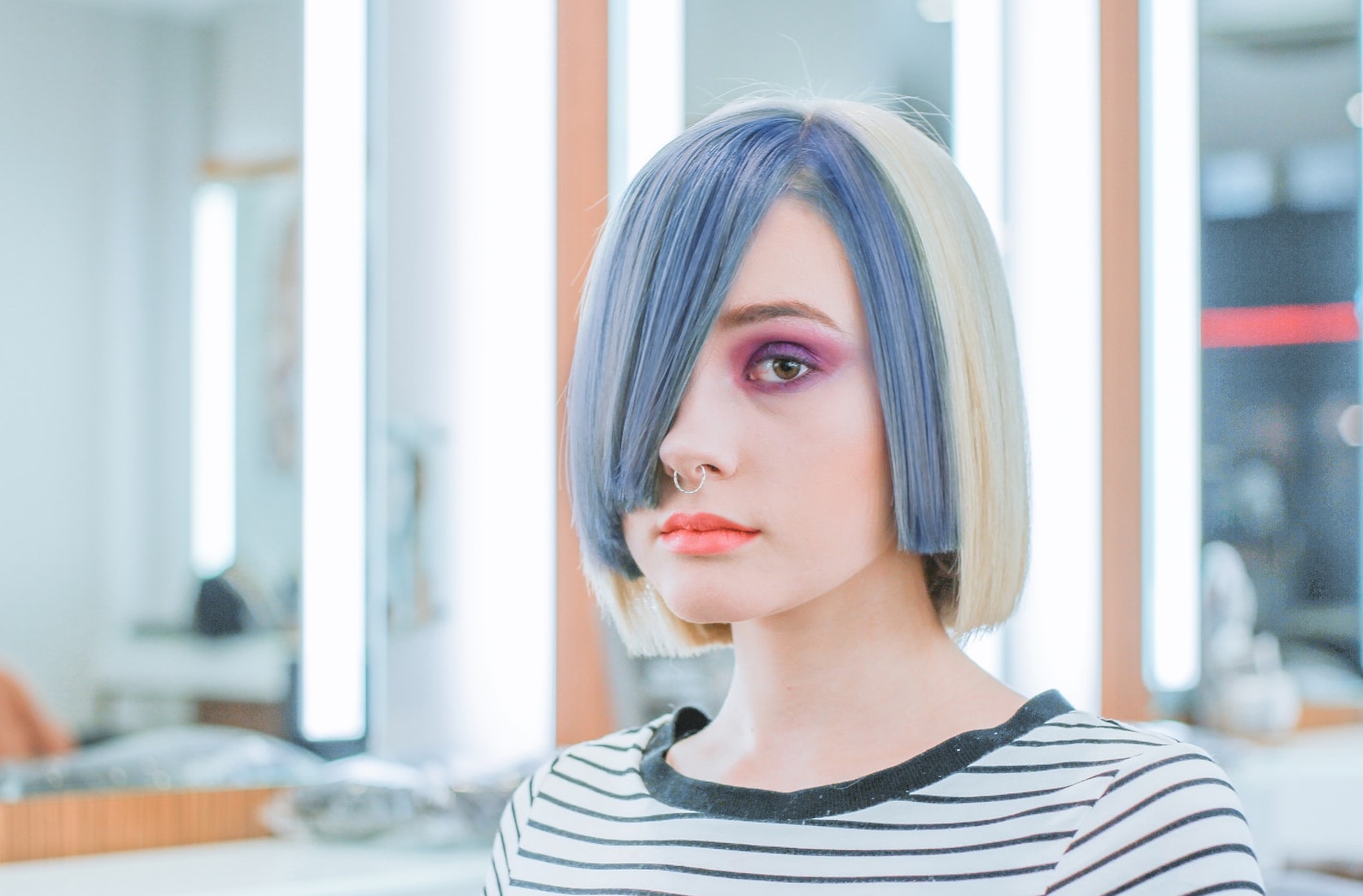BACKGROUND
Benzophenone-4 (CAS No. 4065-45-6, EC No. 223-772-2) with the chemical name ‘2- 27 Hydroxy-4-methoxybenzophenone-5-sulphonic acid’ is currently regulated in Annex VI (entry 22) of the European Cosmetics Regulation No. 1223/2009, as a UV-filter in sunscreen products in a concentration up to 5%.
Benzophenone-4 absorbs UV light across a broad range of UV wavelengths and, therefore, protects the skin from damage by UVB and UVA light. Benzophenone-4 is used in cosmetic products as UV-stabiliser and UV-absorber.
Benzophenone-4 has been subject to a safety evaluation by the Scientific Committee on Cosmetic Products and Non-Food Products (SCCNFP) in 1999, where the committee concluded that ‘2-Hydroxy-4-methoxybenzophenone-5-sulphonic acid can be used safely in cosmetic sunscreen formulations at a maximum concentration of 5%, expressed as acid’ and proposed ‘no further restrictions or conditions for its use in cosmetic products’.
In 2019, the European Commission issued a call for data on a list of potential substances with endocrine disrupting (ED) properties in cosmetics, including Benzophenone-4.
During the call for data, industry stakeholders submitted scientific evidence to demonstrate the safety of Benzophenone-4 as UV-filter in cosmetic products. The European Commission requested the SCCS to carry out a safety assessment on Benzophenone-4 in view of the information provided.
WHAT’S NEW?
In light of the information provided, the SCCS published its final opinion, concluding that Benzophenone-4 is safe when used as UV filter up to a maximum concentration of 5% in:
- Sunscreens
- Face and hand cream
- All leave-on and rinse-off products (total dermal aggregate)
- Lipstick
- Sunscreen propellant spray and pump spray, when used separately or in combination (based on deterministic aggregated exposure).
Any additional use of Benzophenone-4, such as protectant for stabilising cosmetic formulations when exposed to light, should remain within the concentration mentioned above (i.e. 5%), taking into account the use as UV-filter.
The SCCS assessment did not cover the impact of Benzophenone-4 for the environment.
References:
Scientific Committee on Consumer Safety (SCCS) – Opinion on Benzophenone – 4 (CAS No. 4065-45-6, EC No. 223-772-2) as used in cosmetics products. Preliminary version of 14 December 2023, final version of 27 March 2024, SCCS/1660/23.







